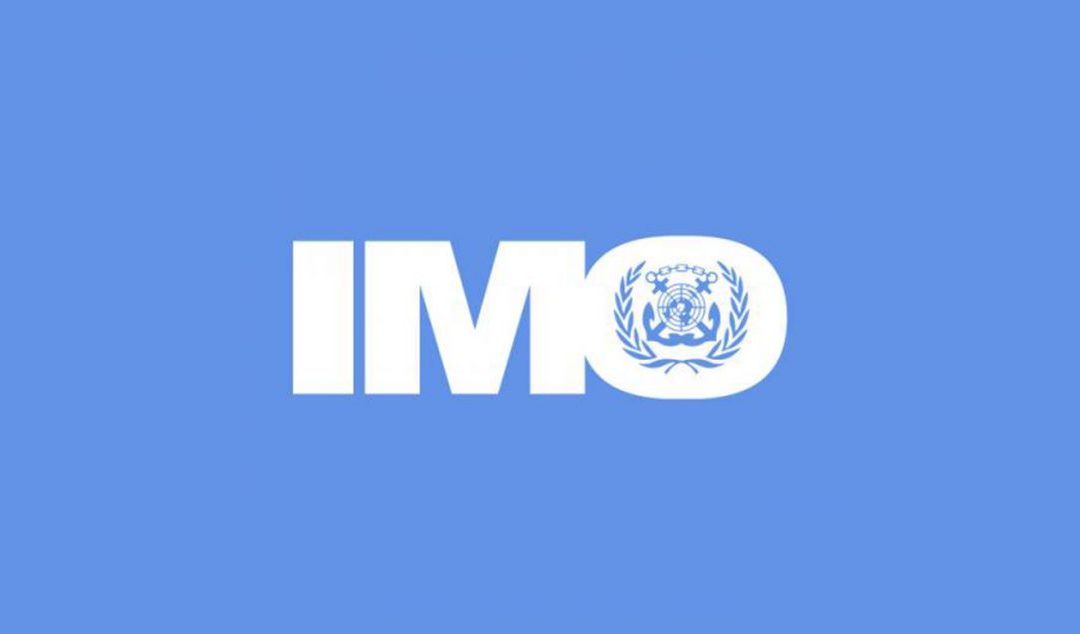(7 to 11 February 2022)
Distinguished delegates and observers,
Good morning, good afternoon, good evening.
I am very pleased to welcome you all to the eighth session of the Sub Committee on Human Element, Training and Watchkeeping.
It has been two years of extraordinary sacrifices and challenges for the entire world and particularly for our seafarers, the human element in shipping, despite the many difficulties that persist.
This sub-committee is well aware of the fact that ships have not stopped delivering vital supplies and goods around the globe under pandemic conditions, and that the price for this continued service was largely paid by seafarers who, in a significant number of cases, continue to have difficulties in being repatriated to join their families after sometimes extremely long times at sea or not being able to join ships with the resulting loss of income.
Crew change, repatriation, in some cases also of deceased seafarers, access to vaccinations and vaccination status recognition, as well as access to medical care continue to be challenges that need urgent addressing.
The Secretariat continues to work tirelessly to deal with the challenges by means of its multi pronged approach, including policy development, direct interventions by our Seafarer Crisis Action Team SCAT and interagency and industry partnerships.
New high-level initiatives are currently underway within the UN, in particular, an ad-hoc UN interagency task force and a joint action group has been established, under the leadership of the ILO with support from the IMO and participation from WHO, ICAO, and relevant social partners to review the impact of the COVID 19 pandemic on the world’s transport workers and the global supply chain, including on seafarers’ fundamental rights and on the shipping industry in general, and suggest solutions.
I sincerely hope that the international community and shipping in particular, will remain upbeat and resilient and further our efforts to protect the rights and welfare of our workforce thereby ensuring that essential goods and commodities can be delivered sustainably ensuring that we continue to keep our seafarers at the core of shipping’s future and at the heart of our work as advocated by our World Maritime Theme for 2021.
This year’s World Maritime Theme is “New Technologies for greener shipping”, highlighting IMO’s commitment to support a green transition of the maritime sector into a sustainable future. The theme provides an opportunity for the entire Organization to focus on the importance of new technologies to building back better and greener in a post-pandemic world and this holds important considerations for the human element.
Distinguished delegates,
Regarding the business at hand for this week, I would firstly like to highlight two items of work which the Sub-Committee is expected to complete at this session.
The first one is the finalization of the comprehensive review of the 1995 STCW-F Convention, which will complement the ongoing efforts to finally make the entry into force of the 2012 Cape Town Agreement a reality. The revised instrument includes a new Code, mirroring the current structure of the 1978 STCW Convention. The review will align the standards of the Convention with the current state of the fishing industry, thereby contributing to addressing the significant challenges of this vital sector.
The other item is the development of provisions for the use of electronic certificates of seafarers. This work is in line with IMO’s effort to integrate new and advancing technologies in its regulatory framework and comprises draft amendments to the STCW Convention and Code, as well as a new set of guidelines on the use of electronic certificates of seafarers.
I would also like to single out a continuous output on your agenda – the role of the Human Element. The 32nd session of the Assembly included a new specific strategic direction on the human element in the current Strategic Plan for the Organization.
This new inclusion is expected to open new avenues for IMO to review all Human Element related aspects including safety management systems to enhance sustainable shipping operation where human actions play a fundamental role. With the wealth of expertise and experience in this sub-committee you are in a position to make a significant contribution in this regard.
In furtherance of the work on the human element is the intensified partnership with UN sister agencies that has culminated in the approval by the ILO Governing Body, and the endorsement by the IMO Council at its 125th session, of a Joint ILO/IMO Working Group to identify and address seafarers’ issues and the human element, areas of common interest to both organizations.
Distinguished delegates
I must also highlight the important work of this sub-committee on the effective implementation of the STCW Convention. The assessment of the challenges relating to implementation has led to the consideration of one of the main obligations for Parties emanating from the Convention relating to the communication of information.
I wish your Sub-Committee success with the development of new streamlined guidance and procedures for the communication of subsequent reports and initial information.
You will also consider other important matters such as the validation of model courses, measures to ensure the quality of onboard training, measures to facilitate mandatory seagoing service and the development of training provisions related to the Ballast Water Management Convention.
Despite the large volume of work to be considered at this session, I am confident that the customary IMO spirit of cooperation will prevail during your deliberations, allowing the Sub-Committee to serve its purpose for the good of the whole shipping community.
With this, I wish you every success for this meeting and a happy, prosperous, and healthy year 2022.
Source: Hellenic Shipping News






